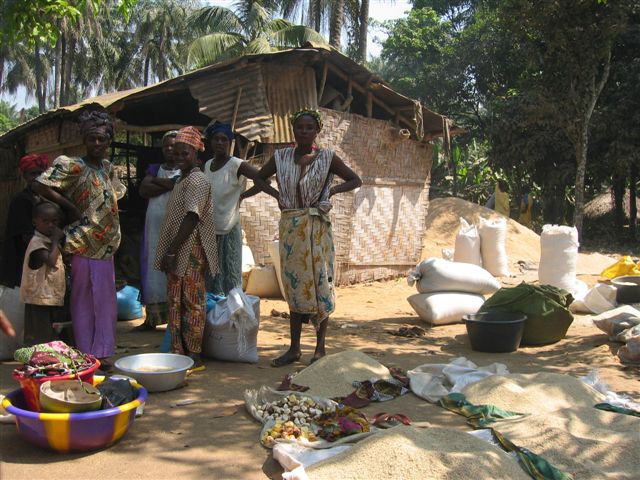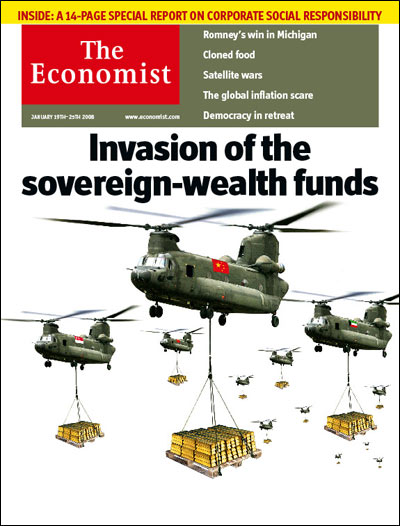Bin Ladin Group to Invest in Food Production in West Java
- Tempo
- 08 October 2008
West Java governor Ahmad Heryawan said his province will become one of the many regions targeted by the Binladin Group for investment in food production.

West Java governor Ahmad Heryawan said his province will become one of the many regions targeted by the Binladin Group for investment in food production.

Margarito B. Teves, Finance Secretary of the Philippines, spoke to Gulf News about the potential for joint investment initiatives between the UAE and the Philippines. "The UAE can count on the Philippines as a reliable supplier of food products permissible under Sharia."

Soaring food prices, supply fears among import-dependent countries and rising demand for biofuels have driven up investment in agricultural land, notably in Africa.

The deputy leader of the Democratic Left Party (DSP) Turkey has stated that Turkey possesses some great advantages in agriculture, despite the major problems that remain in place in the sector, but emphasized that it is a mistake to sell agricultural land to foreigners.

Sudanese Ministry of Agriculture and Forestry will spend three billion Sudanese pounds (1.5 billion USD) up to the end of the year to implement a massive program to develop the agricultural sector.

Angola, one of the world's fastest-growing economies, has launched an ambitious plan to exploit both its fertile soils and high global food prices to attract $6bn (€4.3bn, £3.4bn) in agriculture investments over the next five years.

Arabia is phasing out its domestic wheat growers and seeking to shift production overseas.

Schroders is deferring the launch of its Agricultural Land Trust due to current market and economic conditions. The group said it felt it was appropriate to delay the launch, which was initially scheduled for the third quarter, and look again at the closed-ended product in early 2009.

In the past week, the alleged claim by Egypt’s Agriculture minister Amin Abaza that Uganda offered his country over 2 million acres of fertile land to produce wheat to feed the Arab nation’s 81 million people has rattled Ugandans.

President Yoweri Museveni initiated talks with Egyptian officials over the possibility of growing wheat and corn for the north African state in Uganda but no firm offer of land was made, Egypt and State House sources have separately said.

Le gouvernement brésilien envisage de limiter les achats de terres par des étrangers ou par les compagnies nationales dont le capital est majoritairement entre des mains étrangères. Il prépare un projet de loi en ce sens qui sera soumis au Congrès fédéral.

"Jilin and other corporate entities in China are taking major steps to increase the amount of China-controlled soy plantation both in China and around the world," reports the US Consulate in Shenyang